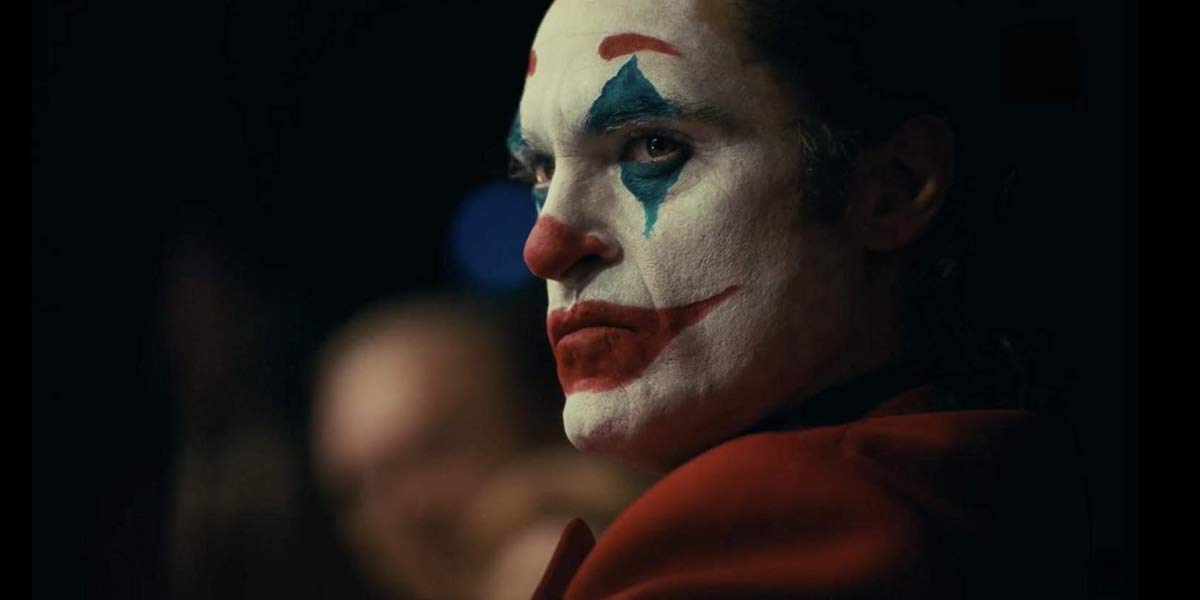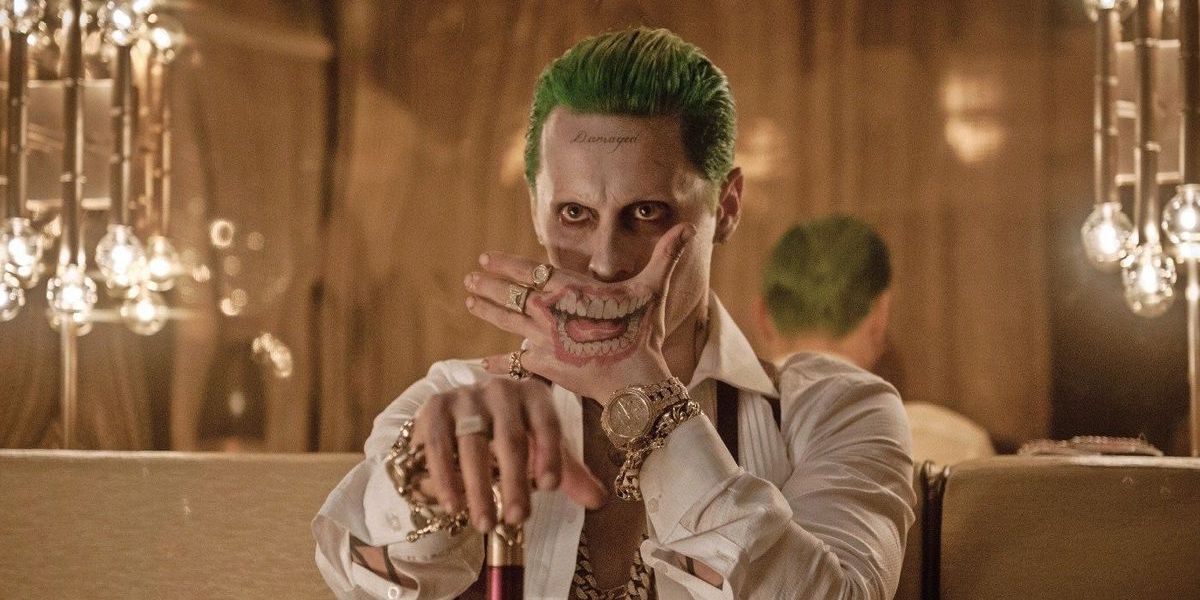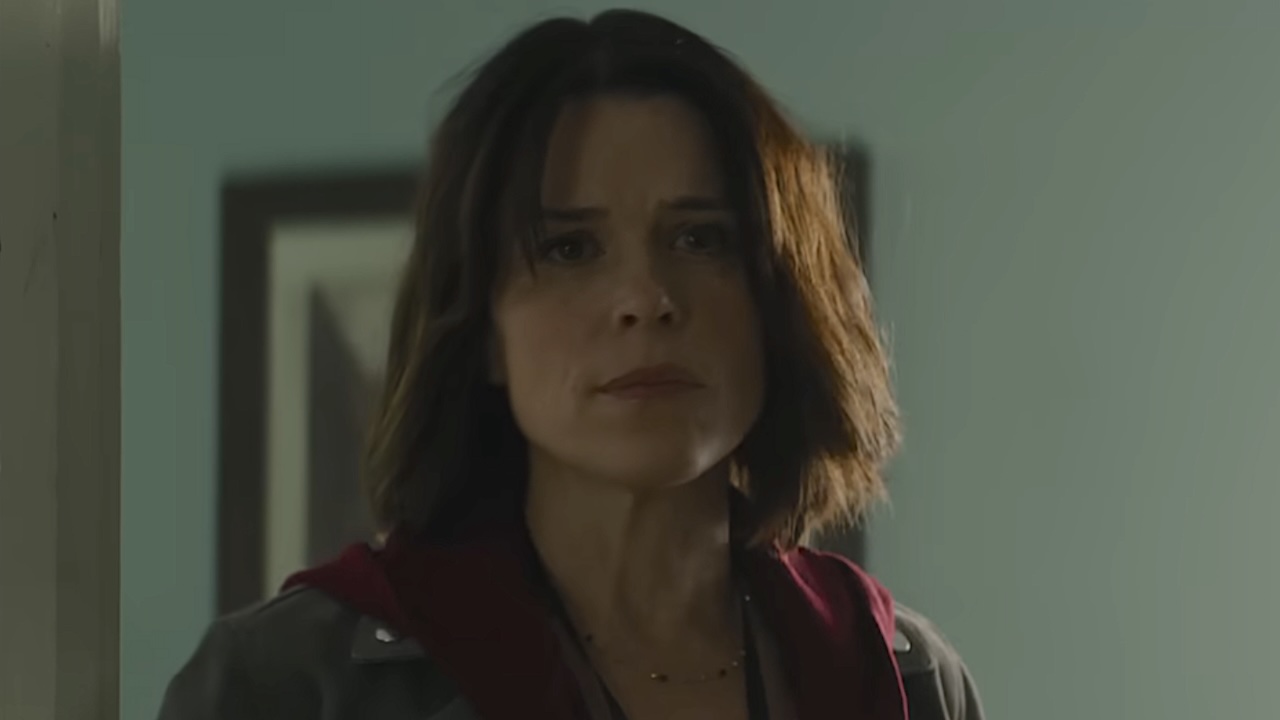Whoa, David Fincher Has Some Blunt Thoughts About Warner Bros. And DC’s Joker

Your Daily Blend of Entertainment News
You are now subscribed
Your newsletter sign-up was successful
One of the most talked about movies of last year was a little movie called Joker. And I do mean little, considering Todd Phillips’ drama was made on $55 million – making it one of the cheapest comic book films ever made. Joker, of course, went on to make over $1 billion (becoming the highest-grossing R-rated movie of all time), scored 11 Oscar nominations and took home two wins. There’s a lot of high praise here, but not every coat of paint on Joker dried evenly.
The Oscar and box office darling has also been criticised by many, especially in terms of how it handled mental illness. Famed director David Fincher, who made Fight Club, Zodiac and Gone Girl among an impressive body of work, is now opening back up that conversation with his own thoughts on Joker. Here’s what he said:
Nobody would have thought they had a shot at a giant hit with Joker had The Dark Knight not been as massive as it was. I don’t think anyone would have looked at that material and thought, ‘Yeah, let’s take [Taxi Driver’s] Travis Bickle and [The King of Comedy’s] Rupert Pupkin and conflate them, then trap him in a betrayal of the mentally ill, and trot it out for a billion dollars.
As David Fincher explains, Joker very much stands on the shoulders of Christopher Nolan’s The Dark Knight, which not only introduced a new kind of Joker to Hollywood but redefined what comic book movies could be. The version played by Heath Ledger certainly allowed viewers to think about the villain in a new context, but, in Fincher’s opinion Joker, was moreso a hodgepodge of old ideas, mixed in with what he calls a “betrayal” of the mentally ill to make a blockbuster hit.
Now, if you’ve been following along closely with Joker, you already know it was inspired by Taxi Driver and The King of Comedy. It’s been said outright by its filmmakers, and Robert De Niro even plays a role in the film -- following his starring roles in both those Martin Scorsese movies. It’s a point such as this that has bothered certain viewers of the movie, who believe it to be less original and revolutionary than the Academy and its fans have hailed it as. Fincher continued speaking to The Telegraph with these words:
I'm sure that Warner Bros thought at a certain price, and with the right cast, and with De Niro coming along for the ride, it would be a possible double or triple. But I cannot imagine that movie would have been released had it been 1999.
1999 is the same year Fincher’s breakout film, Fight Club, hit theaters. Here, the filmmaker is reflecting on how Joker is very much a product of the time it was made in and could not have been made pre-Dark Knight. Think about it. An R-rated villain origin story based on a comic book at the turn of the 21st century? There’s absolutely no way. Sure, Tim Burton went dark (for its time) with something like Danny DeVito’s Penguin, but the genre was not ready to jump to the dramatic.
Take what you will from David Fincher’s comments, but it’s a valuable conversation to dive into going forward, following Joker’s viral success. David Fincher’s next movie (his first since 2014’s Gone Girl) is Mank, a period piece about the making of Citizen Kane. The film hits Netflix on December 4.
Your Daily Blend of Entertainment News

Sarah El-Mahmoud has been with CinemaBlend since 2018 after graduating from Cal State Fullerton with a degree in Journalism. In college, she was the Managing Editor of the award-winning college paper, The Daily Titan, where she specialized in writing/editing long-form features, profiles and arts & entertainment coverage, including her first run-in with movie reporting, with a phone interview with Guillermo del Toro for Best Picture winner, The Shape of Water. Now she's into covering YA television and movies, and plenty of horror. Word webslinger. All her writing should be read in Sarah Connor’s Terminator 2 voice over.

